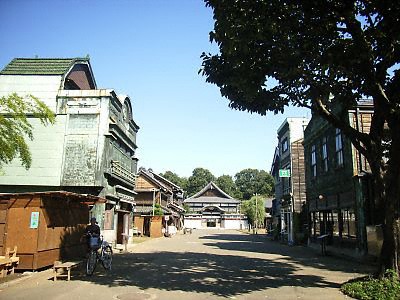- 11/07/2010
- 02/28/2021
About Key Money 2 – Renting in Tokyo
Key Money Today Nowadays, the city and the countryside became much closer, with telephones and air planes.? The need to be taken care by the landlord is no longer there. However, it is still general that key money is required for renting apartments. There are several theories of what key money is for.? Below are some of the representative theories. 1. Gratuity for executing the rental agreement 2. Advance payment of rent 3. Recompense for the blank period after vacating, when the landlord cannot have rent income 4. Cost for restoring to original state In recent years, an increasing number of landlords and real estate agencies have begun to offer “reikin-free” rental housing.? There are also apartments whose key money and deposit is both free, called ‘Zero-zero Bukken (??若???若????散)’. This Zero-zero Bukken seems to be very cheep, and is popular among low-income households, but it’s not necessarily appropriate to suggest so.? Since there are no key money nor deposit, the risk of the landlord is very high: if the tenant bunks off without paying delinquent rent, the landlord wouldn’t have any means to cover the loss.? Therefore, the landlord often collects fees on other names, for instance, key-exchange money and […]

